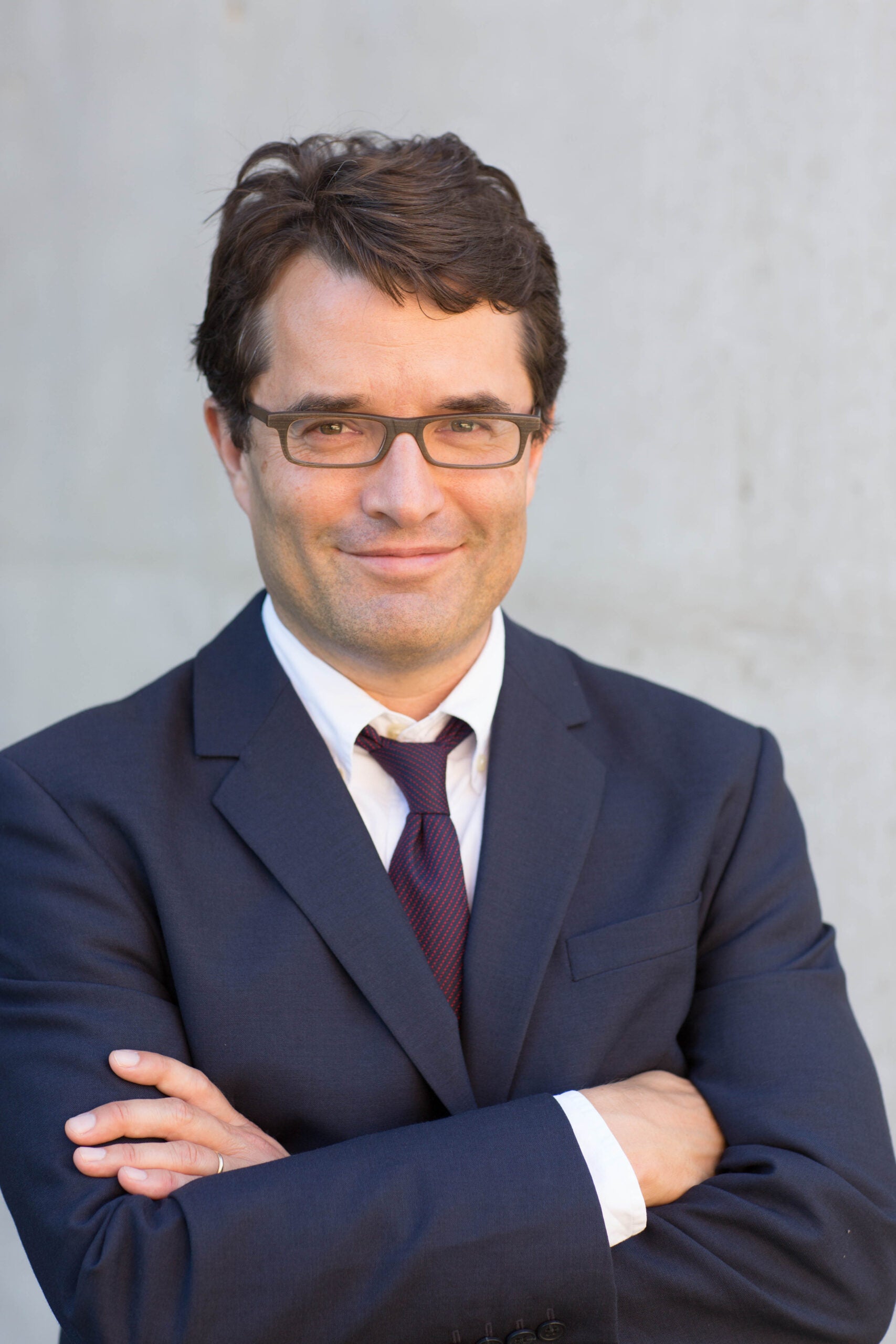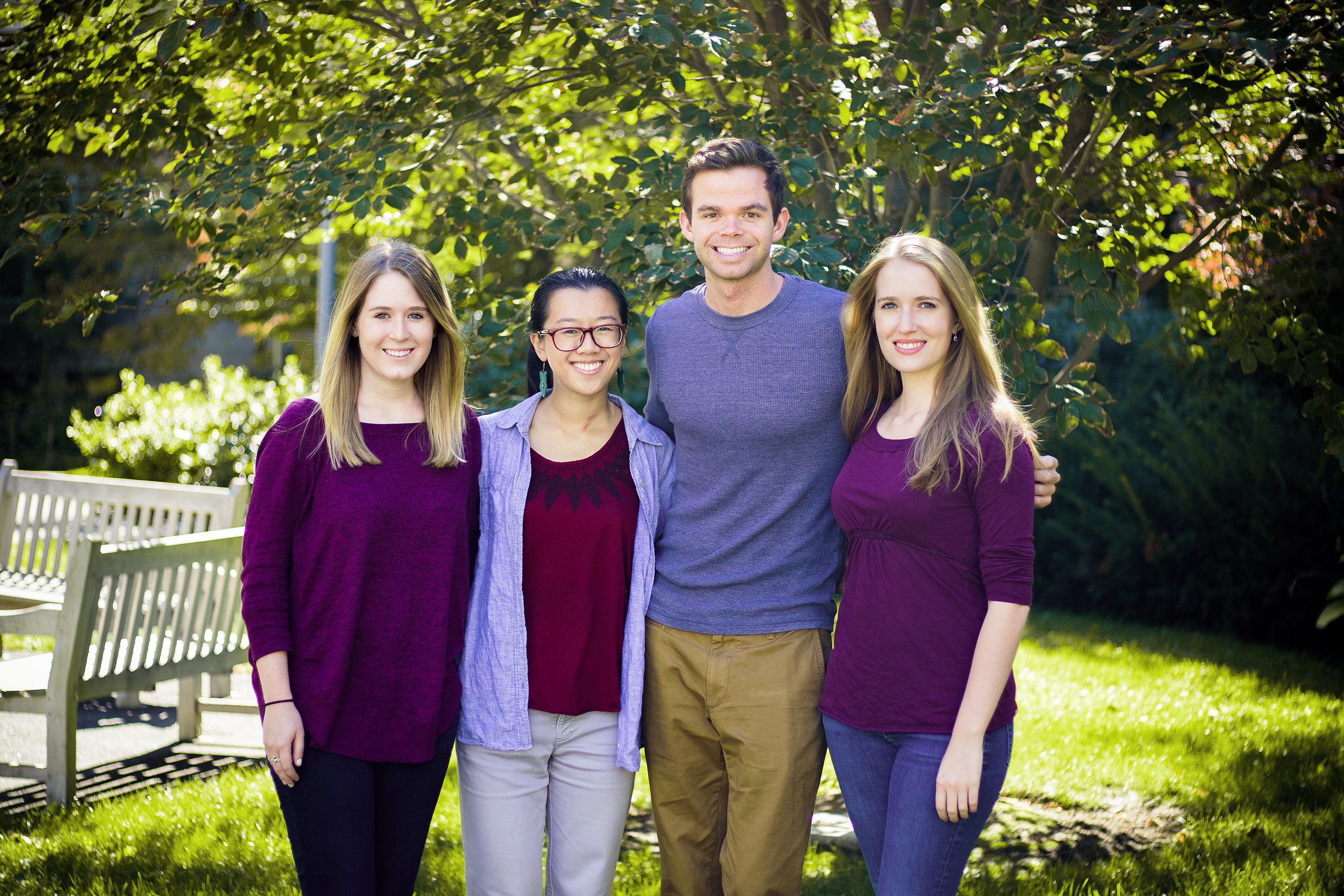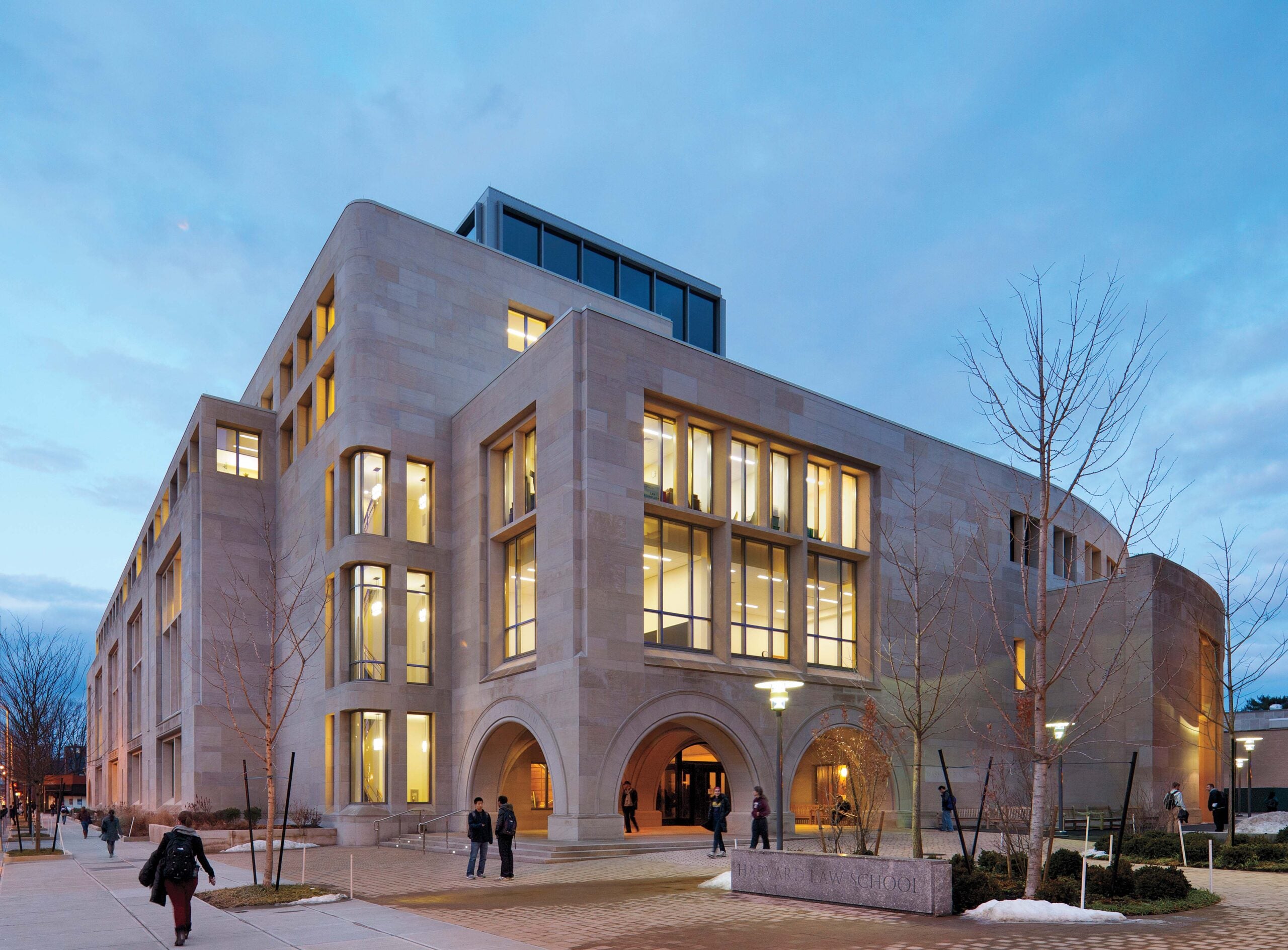People
Alex Whiting
-
Donald Trump Faces Obstacles to Resuming Waterboarding
November 29, 2016
In the first few months of Donald J. Trump’s presidency, if recent history is any guide, intelligence officials will meet to discuss a terrorism suspect living abroad. This suspect might become the next target for the nation’s not-so-secret drone force. Or maybe, Mr. Trump’s advisers could decide, he is worth trying to capture....Alex Whiting, a Harvard Law School professor and former war crimes prosecutor, said much has changed since 2002, when Justice Department lawyers accepted C.I.A. assurances that there would be no long-term consequences for prisoners. “Evidence showing that the techniques employed by U.S. officials after 9/11 resulted in lasting psychological trauma will make it much more difficult for future lawyers to sanction these techniques as not amounting to torture,” he said.
-
Sending the Right Message on the ICC
November 22, 2016
Three African countries – Burundi, South Africa, and The Gambia –recently announced their intentions to withdraw from the Rome Statute, the treaty that established the International Criminal Court (ICC)...What needs to be addressed, instead, is the truth of the matter: African leaders with credible evidence of their involvement in atrocities fear the ICC. They fear that the airing of their criminality will delegitimize them and push them out of power (as Alex Whiting argues, the withdrawals show the power of the rule of law to intimidate). Given that they cannot control the ICC’s independent judicial process or the evidence that will be publicized, they take the fight outside of the courtroom.
-
Putin and Duterte Want to Bail on the ICC — Here’s Why That Matters
November 21, 2016
The Philippines and Russia became the latest countries this week to announce their plans to turn their backs on the International Criminal Court — a move that's worrying experts who say it delegitimatizes the institution's quest for justice...Alex Whiting, a former prosecutions coordinator at the ICC who now is a professor at Harvard Law School, said Duterte's rationale is likely to avoid prosecution himself. For Russia, it's a signal that the country will not be supportive of any potential court investigation having to do incursions in Ukraine or Georgia.
-
Russian ICC Withdrawal May Undermine Court’s Political Clout
November 19, 2016
On Wednesday, Russian President Vladimir Putin signed a decree to formally withdraw the country from the 124-member ICC, which is the world's only permanent court on war crimes, genocide and crimes against humanity. As African nations increasingly reject the work of the ICC, Russia's withdrawal may have some clout in undermining the organization's prestige, according to legal experts...Alex Whiting, a professor at Harvard Law School who formerly worked in the Office of the Prosecutor at the ICC, mentioned that after a spate of departures “all eyes were on Kenya and Uganda because leaders in both countries have talked about leaving.”
-
Russia to leave ICC: What’s next for the Court?
November 17, 2016
A recent spate of departures may prompt a change in approach for the International Criminal Court. On Wednesday, Russia issued a formal decree withdrawing from the ICC...“Until now, countries have joined the Court but none have left,” writes Alex Whiting, a professor at Harvard Law School who formerly worked in the Office of the Prosecutor at the International Criminal Court, in an email to The Christian Science Monitor. “These withdrawals might make it easier for states to leave the Court in the future if there is a risk that they will fall under investigation, and that would in turn seriously undermine the legitimacy of the Court.”
-
Thn ICC exit by African nations
November 4, 2016
The initial fear when a troika of African countries announced their intention to quit the International Criminal Court (ICC) was that the tribunal would unravel like granny’s knitting grabbed by an unruly puppy. Happily, this has not happened. ... Harvard Law professor Alex Whiting, who worked in the ICC prosecutor’s office, says the most serious challenge facing the court is not disaffected members leaving but getting the major powers to commit to fight against impunity. “If you take the long view, countries like the United States and China and Russia have to decide that either joining the court or finding other ways to ensure that there is international criminal accountability in places like Syria and other places around the world. And that is, to bring it back to the question about Africa, that’s the real problem. The real problem is not a bias of the court, but the real problem is the uneven justice around the world,” says Whiting.
-
International court hit by planned exit of 3 African states
October 31, 2016
When the treaty creating the International Criminal Court was opened for signatories in 1998, Egyptian-born legal scholar Mahmoud Cherif Bassiouni called it “a triumph for all peoples of the world.” Fast-forward 18 years, and the lofty ideal of establishing a court that would end impunity for atrocities and deliver justice to victims is reeling from the announced departures of three African member states: Burundi, South Africa and Gambia...But Alex Whiting, a professor at Harvard Law School and former ICC prosecution coordinator, said the court shouldn’t be blamed for the Africa focus. In six cases, the African countries themselves asked the ICC to investigate, and two others were referred to the court by the U.N. Security Council. “Could the ICC really have declined to move on these cases?” Whiting said.
-
The International Criminal Court has begun investigating war crimes in Georgia, is looking into British soldiers accused of torture in Iraq and, in one of its most politically delicate missions yet, sent a team to Israel to discuss crimes in Gaza. But as the court tries to expand into new geography and investigate new types of crimes, it faces the most serious challenge to its existence: Three nations, all from Africa, have announced that they will no longer work with the tribunal, intensifying a longstanding debate over whether it is biased against the continent...Even in Syria, under extremely dangerous conditions, evidence is being collected with an expectation that people suspected of war crimes will one day have their day in court. “We are now at a point of no return on the question of international criminal justice,” said Alex Whiting, a Harvard law professor and a former lawyer at the international court. “It is because the principle of international criminal justice has been established over these last 20 years that we are now so aware of it not being realized in Syria and elsewhere.”
-
NPR's Kelly McEvers talks to Harvard Law Professor Alex Whiting about the future of the International Criminal Court.
-
Five questions on the ICC
October 25, 2016
Once a champion of the International Criminal Court (ICC), South Africa dealt a blow to the world tribunal Friday by announcing its intention to withdraw, a move that came on the heels of a similar move by Burundi. Here are five key questions following Pretoria's announcement: Is this the end of the ICC? Not according to Harvard law professor Alex Whiting. "International criminal justice has always had its ups and downs and setbacks in the past. This is another setback, but the court is not going to disappear," he told AFP.
-
70 Years Later: The Nuremberg Legacy and The Crime of Aggression
October 19, 2016
In commemoration of the 70th anniversary of the Nuremberg Trials, Harvard Law School Professor Alex Whiting moderated a conversation between Ambassador Christian Wenaweser, permanent representative of Liechtenstein to the United Nations, and Harold Hongju Koh ’80, who served as legal adviser of the U.S. Department of State.
-
Harvard Law students help win presidential clemency for inmates
October 6, 2016
Last spring, the Criminal Justice Policy Program developed an initiative to provide representation to incarcerated people petitioning President Obama for clemency. Twenty-six Harvard Law students volunteered to work with a team of pro bono attorneys to represent clemency petitioners, in what has become the largest law student-based clemency initiative in the country.
-
International Court Takes a Stand With Ruling on Destruction of Antiquities
September 30, 2016
For the first time, the world’s highest criminal court ruled this week that destroying cultural antiquities is a war crime. The case, handled by the International Criminal Court in The Hague, spotlights the risk to historic sites in places controlled by Islamic extremists, who have traded plundered antiquities on the black market or destroyed them in a twisted interpretation of religious law. Ahmad al-Faqi al-Mahdi, a member of a jihadist group linked to Al Qaeda, was sentenced to nine years in prison for organizing the destruction of centuries-old Muslim shrines in Timbuktu, Mali...The case against Mr. Mahdi “does signal that these sorts of cases are on the court’s radar,” said Alex Whiting, a professor at Harvard Law School and a former senior official in the Office of the Prosecutor at the International Criminal Court. “The court is very much a court of opportunity,” he added. “It’s a court with very little power, little resources to investigate and very few tools to collect evidence. Is cultural heritage something the court will now focus on? Now that they’ve done one case, a second, similar case is unlikely.”
-
B’Tselem: IDF war crimes probes are a whitewash
September 20, 2016
The IDF’s war crimes probes in the 2014 Gaza war are a thinly veiled attempt to appear to investigate while providing a whitewash mechanism to clear all the soldiers, commanders and politicians involved of wrongdoing, a B’Tselem report said on Tuesday....In a recent posting on the influential Just Security blog, top ICC commentator Alex Whiting (along with Ryan Goodman) wrote that “where military forces follow targeting practices that repeatedly result in unjustified civilian casualties...‘or is aware that it will occur in the ordinary course of events’ – could provide a hook for prosecution.” While not addressing Israel specifically, he added, “The Office of the Prosecutor has indicated that it might argue that failing to correct a process that results in repeated unjustified civilian casualties could satisfy the intent requirement in the Statute.”
-
Is environmental destruction a crime against humanity? The ICC may be about to find out.
September 18, 2016
This week, the International Criminal Court announced that it would give special consideration to pursuing crimes involving environmental destruction and land grabs. The announcement, made in a policy document released by the ICC's prosecutor on Thursday, appeared to show a deliberate expansion in focus for The Hague-based court..."They aren't changing the definitions of crimes or expanding the law or creating new crimes or anything like that," said Alex Whiting, a professor at Harvard Law School. "They are paying particular attention to crimes that are committed by use of environmental impact or have consequences of environmental impact."
-
Report equips advocates to work together to tackle challenges of Criminal Justice Debt
September 8, 2016
Harvard Law School’s Criminal Justice Policy Program and the National Consumer Law Center (NCLC) have released Confronting Criminal Justice Debt: A Comprehensive Project for Reform, a collaborative project that focuses on the financial costs of the criminal justice system.
-
On trial: the destruction of history during conflict
August 22, 2016
When the Roman Emperor Jovian ordered the burning of the Library of Antioch in the 4th century AD, there was nobody around to make him answer for what ancient Syrian culture buffs deemed a "barbaric act", according to records. Modern history is littered with cases of wartime razing, from the levelling of Dresden to the Taliban's Buddha demolition at Bamiyan. Politicians have been slow to crack down on ruinous acts, but experts hope that this month the curve will bend in the right direction. ...According to Harvard Law School scholar Alex Whiting, progress is slow, but gains are palpable. "When the US invaded Iraq, there was chaos, looting and the destruction of art and culture. No one had prepared for it at all," Whiting told Al Jazeera."This process is about drawing attention to the importance of those things. Hopefully, more care will be paid in the future."
-
The prosecutor and the Kenyan president
August 15, 2016
...In 2010, the International Criminal Court (ICC), the Hague-based tribunal created in 1998 to try the worst atrocities on earth — war crimes, crimes against humanity and genocide — announced plans to charge six Kenyans for orchestrating the postelection violence. The most important suspect was Uhuru Kenyatta; the son of Kenya’s first president, Jomo Kenyatta, he was considered by many Kikuyu to be their natural leader...Alex Whiting, a onetime federal prosecutor in Boston who became Moreno-Ocampo’s prosecutions coordinator, told me the Kenyatta case “was like trying to prosecute an organized-crime case without the tools the Department of Justice uses to prosecute organized crime” — though, for this reason, Moreno-Ocampo’s temperament was an asset. “You have to have a big ego, because you don’t have much else.”
-
Grant will support Criminal Justice Policy Program’s work to reform unfair financial obligations in criminal cases
June 29, 2016
Harvard Law School’s Criminal Justice Policy Program has received a generous grant from the Laura and John Arnold Foundation to support the program’s work to advance reform of unfair policies that allow for imposing fees and fines in the criminal justice system.
-
The Prosecutor and the President
June 27, 2016
In 2010, the International Criminal Court, the Hague-based tribunal created in 1998 to try the worst atrocities on earth — war crimes, crimes against humanity and genocide — announced plans to charge six Kenyans for orchestrating the postelection violence. The most important suspect was Uhuru Kenyatta; the son of Kenya’s first president, Jomo Kenyatta, he was considered by many Kikuyu to be their natural leader. The court’s chief prosecutor, Luis Moreno-Ocampo, sought to charge Kenyatta with five counts of crimes against humanity, for inciting murder, rape, forcible transfer of people, persecution and “other inhumane acts.”...Alex Whiting, a onetime federal prosecutor in Boston who became Moreno-Ocampo’s prosecutions coordinator, told me the Kenyatta case “was like trying to prosecute an organized-crime case without the tools the Department of Justice uses to prosecute organized crime” — though, for this reason, Moreno-Ocampo’s temperament was an asset. “You have to have a big ego, because you don’t have much else.”
-
As Alex Whiting told "PirWeli", despite these challenges, here again the past offers some hope, as many persons found themselves in The Hague even though nobody ever expected that they would be arrested. "First, it is important to emphasize that nobody will be charged unless the prosecutor believes that the evidence proves beyond a reasonable doubt the participation of that person in war crimes or crimes against humanity. If Russians are charged, then it may be challenging to achieve their arrest or surrender to The Hague if they are living in Russia. But here again the past offers some hope. Many persons ultimately found themselves in The Hague even though nobody ever expected that they would be arrested. So in conclusion I would say that the Georgia investigation presents many challenges and it is important for Georgians to be realistic about what the ICC can and cannot do. But I think it would be wrong to consider the case hopeless and in this field justice has a way of prevailing even when we do not expect it," - Alex Whiting told "PirWeli".



